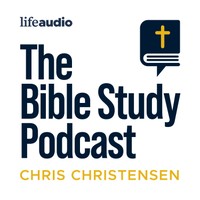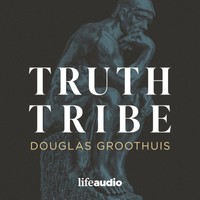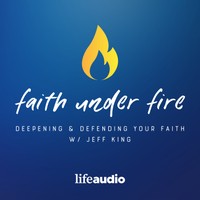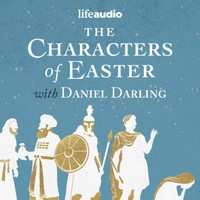Daily Devotional, April 28th
April 28, 2010
We decided we had to move or freeze to death." Eleven-year old Norman Ollestad uttered these harrowing words to a newspaper reporter soon after being rescued in the San Gabriel Mountains. The small Cessna plane he had been traveling in had smashed into one of the range's jagged peaks. Norman was the lone survivor, his dad and the pilot died immediately, his dad's girlfriend a bit later. Norman's book Crazy for the Storm: A Memoir of Survival recounts the remarkable tale.
While the crash was center stage, Ollestad's story is about more than surviving that cruel day, it's about his emerging from trauma as a man who, in the aftermath, has learned to live.
In Deuteronomy, God laid out a framework for Israel that would govern their corporate identity. He provided numerous regulations about their diet and their worship and the way they would govern themselves. Underlying it all, however, was the subtext of God preparing them for the long days when they would be in foreign lands and under foreign rule. Whenever they would find themselves "living among the nations," God knew it would be vitally important for Israel to be able to survive, to maintain their unique identity and their unique story and purpose (30:1).
However, these structures and instructions were about much more than mere holding themselves together. God intended this way of life to guide them into (or at times return them to) a deep love for Him. And this love for God was not a technique to help them merely survive, but an invitation to life, to experience the joy and bounty of all God would give them (v.6).
God's kind intentions toward us are more delightful than we can imagine. His plan is for us to live well, taking deep pleasure in all the goodness He provides. , Winn Collier, Our Daily Journey CLICK HERE to visit OurDailyJourney.org














